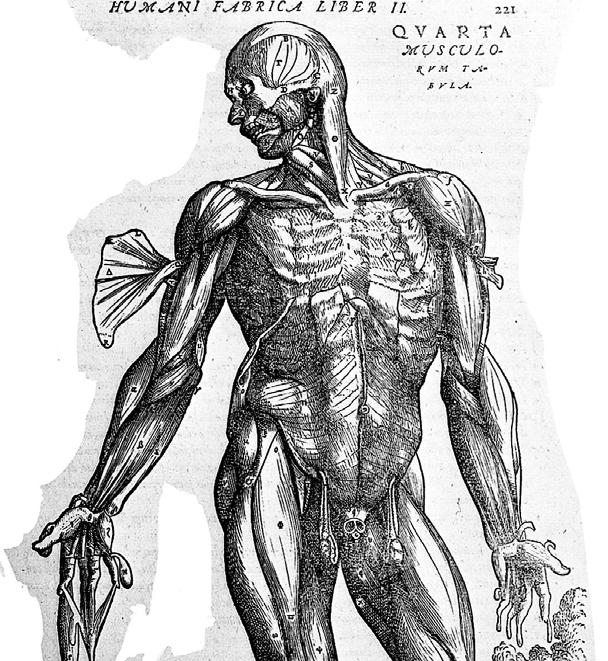
4 minute read
Report on the Health Humanities Initiative
GROWING
Health, Humanities, and Society: Report on the Northeastern Humanities Center Initiative
Advertisement
BY SARI ALTSCHULER, Associate Professor of English and Associate Director of the Northeastern Humanities Center AND CHRIS PARSONS, Associate Professor of History
The Health, Humanities, and Society (HHS) minor is designed for students who would like to learn how to think capaciously and creatively about health using the rigorous, precise, and flexible skills trained by the social sciences and
the humanities. The social sciences teach students to think about the social, economic, and political factors that structure health conditions and outcomes in particular societies, while the humanities train students to navigate the complexities of interpersonal interaction and their ethical implications, to relate the micro to the macro and texts to contexts, to historicize encounters, to communicate accurately and effectively across a variety of media, and to engage in creative analytical thinking about healthcare.
The pandemic in which we find ourselves has demonstrated the fundamental necessity of the humanities to prepare healthcare workers of the future for the unprecedented ethical challenges and novel aspects of healthcare that await our students. Better training in the history, philosophy, and narratives of health, as well as the social determinants of health, offer new perspectives and additional ways of knowing that are sorely needed always, but especially during times of great change and uncertainty. Now more than ever, the creative analytical skills trained by humanities fields, and new forms of interdisciplinary, out-ofthe-box thinking, are critical to the future of healthcare.
The students themselves have clamored for this kind of training, and the program is thriving. We have attracted more students to our minor each year. This year we won a grant from the National Endowment for the Humanities to expand our course offerings and develop a “Digital Health Humanities” focus within the minor, and we launched the Health, Humanities, and Society Initiative as an undergraduate research opportunity that supports students in developing their own research projects or joining existing research led by faculty experts.
The National Endowment for the Humanities grant for curriculum development and our Health, Humanities, and Society Initiative are particularly
exciting. Faculty on campus will work with experts in the field to develop our offerings in the Digital Health Humanities — a new area of research through which we plan to address the history, ethics, and cultures of health data to better prepare our students for the rapidly changing future of health.
The Health, Humanities, and Society Initiative is likewise flourishing. This program is focused on expanding undergraduate and intergenerational research opportunities in HHS areas using money generously donated by a graduate’s family in 2018. The projects we funded brought undergraduate students, graduate students, and faculty together to discuss the humanistic and social science aspects of health. Among the opportunities we funded this year were eight competitive grants awarded to students to complete humanistic and social science research with faculty advisors. The topics range from quantitative analysis of interviews, to digital humanities projects, to the economics of


(L TO R) PORTRAIT OF DR. SAMUEL D. GROSS (THE GROSS CLINIC) PAINTING BY THOMAS EAKINS”; “FOURTH MUSCLE MAN. 16TH CENTURY. BY VESALIUS DE HUMANI CORPORIS FABRICA LIBRI SEPTEM. (WELLCOME LIBRARY, LONDON. WELCOME IMAGES); HHS STUDENTS
health. Such opportunities promise both to provide these students with valuable research skills as well as to produce new research that – because of these students’ interests – foregrounds the diversity of health experiences historically and in the United States today. We also provided money to support graduate students and faculty to meet and share research in the history of medicine, and we were proud to support a late-breaking effort that enables undergraduate students to contribute to the creation of an online COVID-19 archive that will capture rapidly emerging (and disappearing) material about our shared experience of this pandemic.
Finally, the Health, Humanities, and Society minor/initiative is delighted to collaborate in the coming year with our new colleagues at the New College of the Humanities in London on a grant awarded for “Future Developers and
the Humanities,” which dovetails in exciting ways with our successful NEH grant for program building in the digital health humanities; as with the NEH grant, this project seeks to develop a humanities dimension to the education that health sciences and engineering students receive about digital health. Such funding has never been more crucial, as the COVID-19 pandemic illustrates. We will work together to address challenges related to health, justice, and education. Collaborations are scheduled to occur on both sides of the Atlantic in the coming year (COVID-19 permitting), resulting in new digital health ethics educational tools and curricula.
ALTSCHULER WINS AWARD
The Northeastern Humanities Center is pleased to announce that our Associate Director Sari Altschuler has won the American Literature Society’s 1921 Prize for Best Essay in American Literature for her essay “Touching The Scarlet Letter: What Disability History Can Teach Us About Literature” published in 2020.
The prize is awarded to a peer-reviewed essay in any field of American Literature that appeared in 2020 in one of the following journals: African American Review; American Literary History; American Literary Realism; American Literature; American Periodicals; American Quarterly; Callaloo; Early American Literature; ESQ; J19; Journal of Ethnic American Literature; Legacy; MELUS; Native American and Indigenous Studies (NAIS); Resources for American Literary Study; Studies in American Fiction; and Studies in American Indian Literatures.
Read the full article on Duke University Press’ website (institutional credentials required for access).










